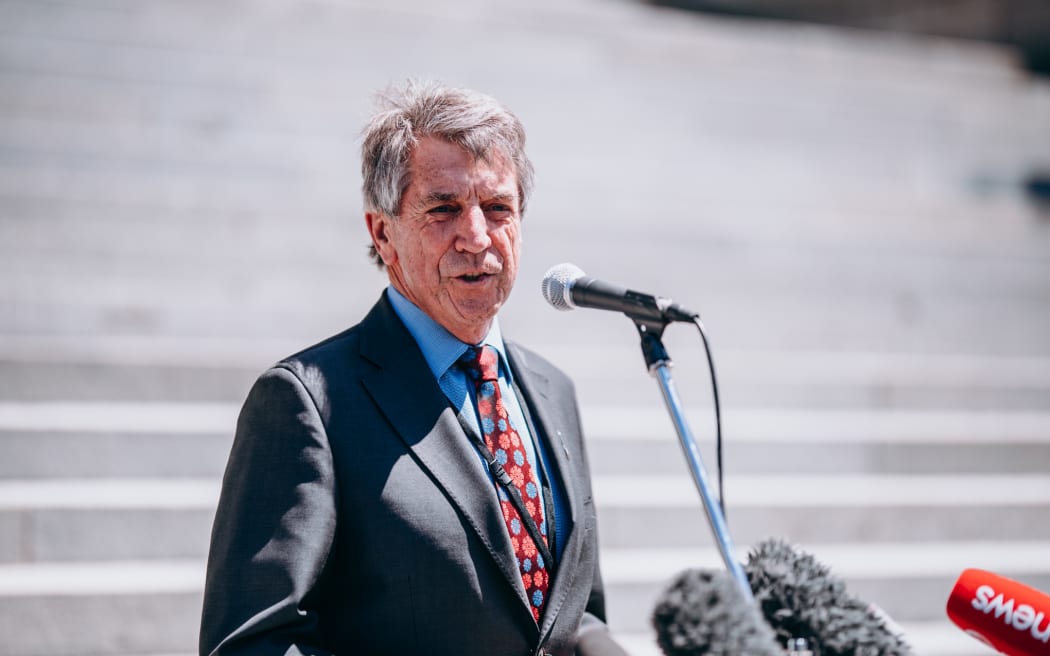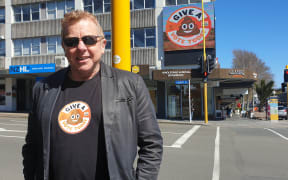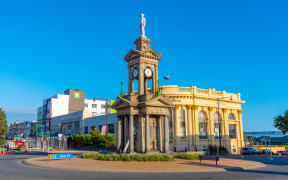
Chief Ombudsman Peter Boshier said all council workshops should be open by default with their time and location advertised in advance. Photo: RNZ /Dom Thomas
Councils have been reprimanded for holding secret workshops behind closed doors too often and for invalid reasons such as allowing councillors a "safe space" to ask "silly questions".
Chief Ombudsman Peter Boshier launched a review of eight councils in August last year after complaints they were "undermining local democracy" by making critical decisions away from the public eye.
The findings, published on Tuesday afternoon, confirmed that some councils - including Rotorua Lakes Council and Taranaki Regional Council - had been effectively closing all workshops to the public by default.
"In my view, that is unreasonable," Boshier said in a statement.
"Secrecy inevitably breeds suspicion... As a matter of good practice, workshops should be closed only where it is reasonable."
Boshier said he did not consider "controversy, complexity, or the potential for embarrassment" to be good reasons to exclude the public.
Nor was the concern raised by some councillors and officials that "asking questions [in public] could make them look stupid".
"Elected members should be resilient enough to withstand reasonable public scrutiny. It is the job they are elected to do."
Boshier highlighted the Local Government Act's requirement that local authorities should conduct business in an "open, transparent, and democratically accountable manner".
He said, as such, all workshops should be open by default with their time and location advertised in advance and a full and accurate record kept.
"At least one council advised me that they held 'open workshops' yet they did not tell the public they were happening," Boshier said.
"It is difficult to imagine how a council could consider a workshop to be 'held in public' when the public doesn't know about it."
Boshier said the requirements applied to all informal sessions by any name, whether "workshop, briefing, forum, hui, wānanga" or other terminology.
"One council that held all its workshops in private was aware of the negative public perception that had developed around the use of the term 'workshops'.
"To address this, the council changed its terminology to 'forums', rather than amending the actual practice of closing workshops to the public."
Boshier said he had found no evidence that councils were making actual decisions in their closed-door workshops but noted "some degree of straw polling" which could be perceived that way.
He stressed that councils must not make decisions or resolutions outside of properly constituted council meetings with advance notice and a public agenda.
"It is understandable that the public is sceptical when their elected members meet behind closed doors, particularly where the reasons for closing the meeting or workshop are not made sufficiently clear, and little or no information about what took place in a closed meeting or a closed workshop is made available after the fact."
All eight councils had expressed a willingness to change practices, Boshier said, with the majority opening or beginning to open their workshops this term.
The eight councils investigated were: Clutha District Council, Rangitīkei District Council, Palmerston North City Council, Rotorua Lakes Council, Taranaki Regional Council, Taupō District Council, Timaru District Council and Waimakariri District Council.
Rotorua mayor responds
In a statement, Rotorua mayor Tania Tapsell acknowledged the findings, noting that the issues arose before her tenure.
"Since being elected as mayor I have taken action to improve transparency. We have made workshops and council meetings open to the public as much as possible."
The council's interim chief executive Gina Rangi said opening up workshops - including now livestreaming them - had been a "positive change".
"While we don't completely agree with all the chief ombudsman's views, we take on board his report and a number of recommendations have already been, or are being, implemented."






